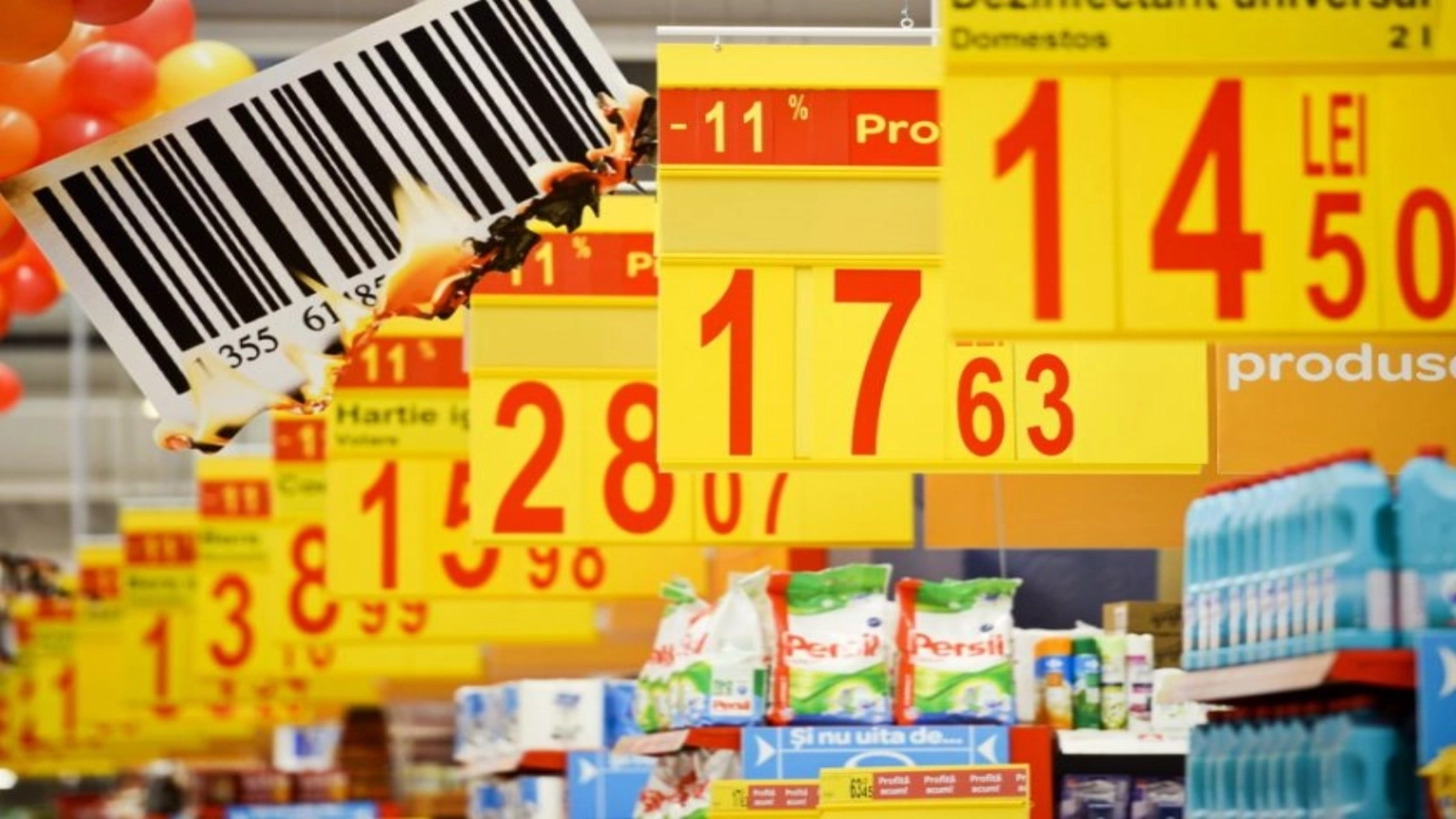The income in the retail sector in non-specialized stores registered a growth of 10% in 2019, as opposed to 2018, and the profitability of profile stores had a slight increase, according to a new study done by Coface Romania.
The document aggregated the data of 46,571 companies which submitted their figures for the year 2019 (at the level of September 2020) and which generated a consolidated turnover of 79.4 billion RON, the company specifies, in a press release sent to AGERPRES on Monday.
The cumulated market share held by the 10 most important players is 63%, which reveals a medium to high degree of concentration, the quoted source specifies.
More than half of the companies (58%) registered a net profit at the end of 2019, and 9% of them obtained a profit of more than 20%. Furthermore, 65% have made investments in 2019, registering an over-unitary CapEx depreciation. 70% of the companies have 100% short term debts and approximately 49% are exposed to a high risk of insolvency.
On the other hand, approximately 15% of companies registered a loss greater than -20%.
"The share in the total turnover of the top 10% companies within the sector maintained at a high level (88.6% in 2015, in 2019 reaching the value of 89%). Thus, there is polarization at the sector's level (also present in the economy's level): a few large companies that generate a high share turnover and several small companies that contribute very little to the total incomes", the press release says.
The companies that activate in this sector registered a current liquidity of 0.99 throughout the year 2019, the work capital having a reduced level, being slightly exposed to negative shocks and volatility (drop in income or not cashing in on receivables). The average duration of collection of receivables dropped from 24 days, the level registered in 2015, to 17 days in 2019, while the registered average at a national level in the same period dropped from 98 days to 89 days.
































Comentează